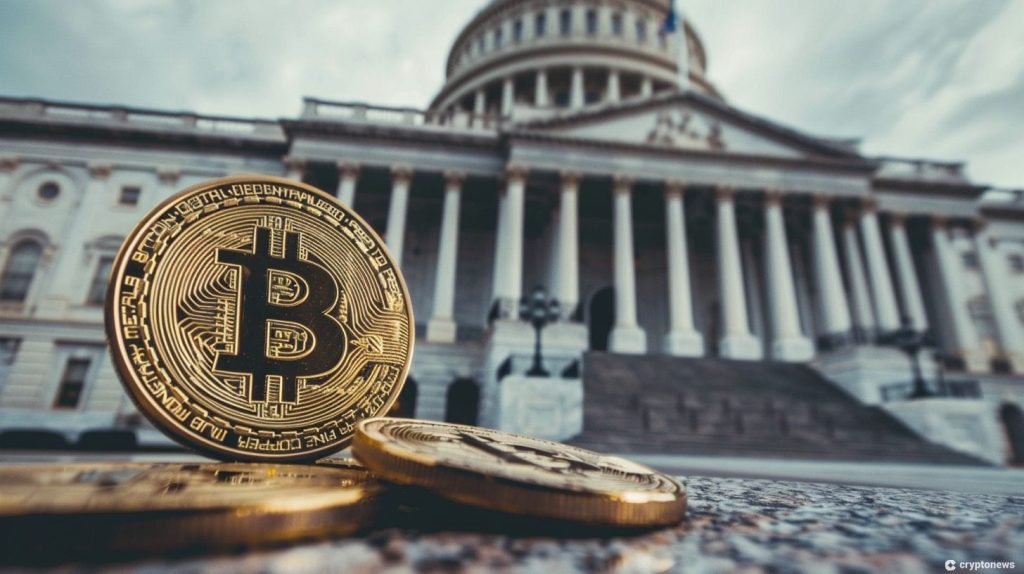Senator Cynthia Lummis criticized the U.S. Department of Justice for its controversial stance on self-custody wallets after charges were brought against crypto mixers Tornado Cash and Samourai Wallet. Lummis expressed concern that the DOJ’s argument contradicts existing Treasury guidance and violates the rule of law, ultimately criminalizing aspects of the Bitcoin network and decentralized finance. The arrest of the Samourai Wallet founders and legal actions against Tornado Cash have raised concerns in the crypto community about the future legality of owning and holding digital asset wallets.
The DOJ’s legal actions against Tornado Cash and Samourai Wallet indicate the U.S. government’s willingness to treat crypto mixers as unlicensed money transmitters, potentially leading to a wave of regulatory actions in the sector. The core argument revolves around whether crypto mixing, a process used to obfuscate funds and enhance privacy, actually safeguards privacy or protects illicit activity. Hacking collectives like the Lazarus Group have used crypto mixers like Tornado Cash to launder funds, prompting U.S. prosecutors to allege that the activities facilitated money laundering transactions in the hundreds of millions of dollars.
Amidst the crackdown on Tornado Cash and Samourai Wallet, the case against the latter is just beginning as Storm, the developer, pushes back against the U.S. government’s accusations. Storm’s lawyers argue that building software solutions to provide financial privacy to legitimate cryptocurrency users is not a crime, highlighting the users’ right to privacy. It remains to be seen whether U.S. lawmakers, including Lummis, will take congressional action against what some perceive as executive overreach, or if self-custody wallet users will face repercussions for engaging in what the government may view as unlicensed money-transmitting.
Lummis emphasizes that arguments against self-custody software could threaten fundamental property rights that are core to being an American, pledging to fight for individuals’ rights to hold their own keys and run their own nodes. The swift legal actions against Tornado Cash and Samourai Wallet have sparked concerns in the crypto community about the future of digital asset ownership and wallet management. The pressure from the U.S. government to crack down on unlicensed money-transmitting services may have broader implications for the entire cryptocurrency sector, potentially impacting how users engage with decentralized financial services.
Overall, the controversy surrounding self-custody wallets and the legal actions taken against Tornado Cash and Samourai Wallet illustrate a growing tension between regulatory authorities and the crypto community. The debate over privacy, decentralization, and financial freedom in the digital asset space is ongoing, with implications for individuals’ rights to manage their own assets securely. As the situation unfolds, stakeholders will be closely watching for potential legislative responses from U.S. lawmakers as they navigate the complex intersection of technology, finance, and regulation in the digital age.


